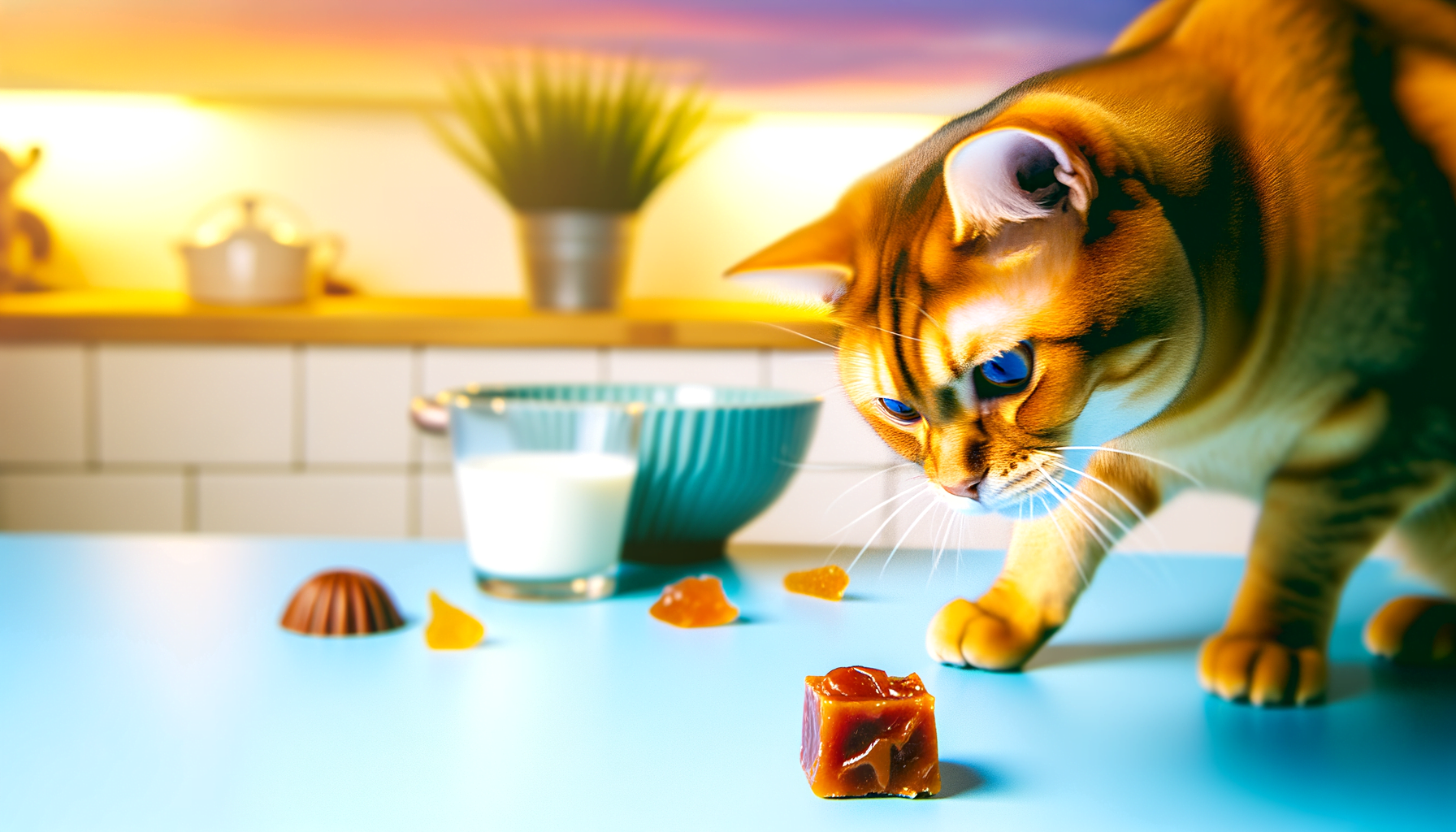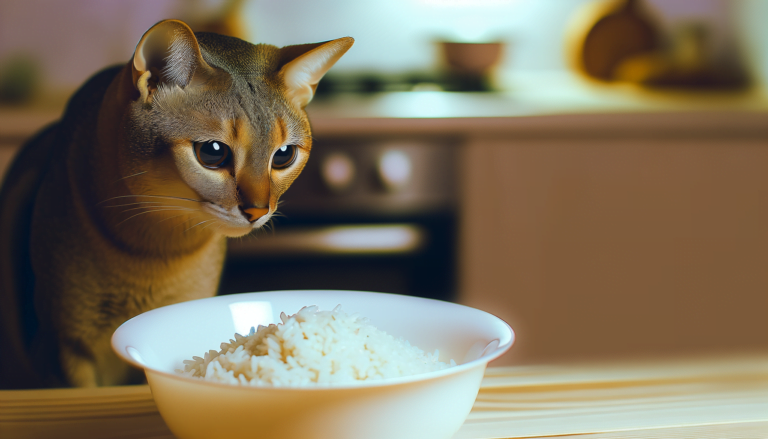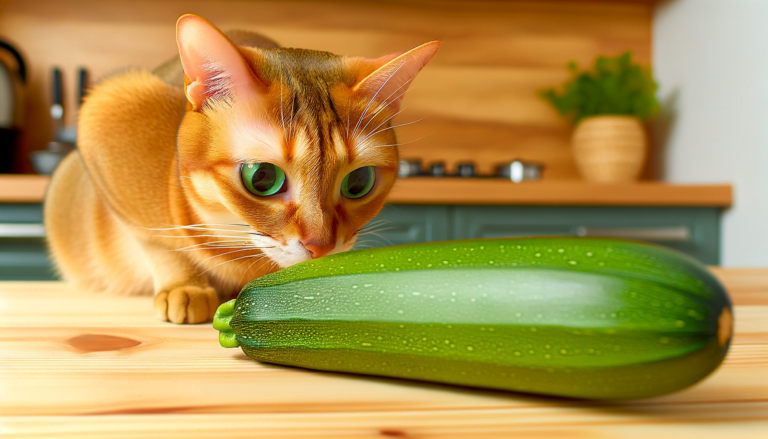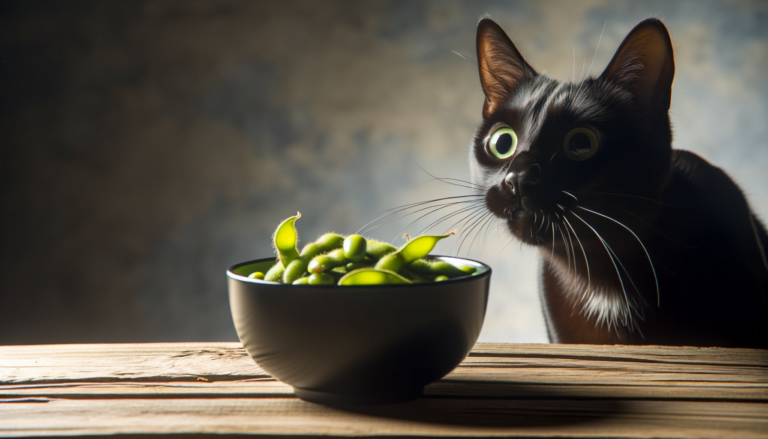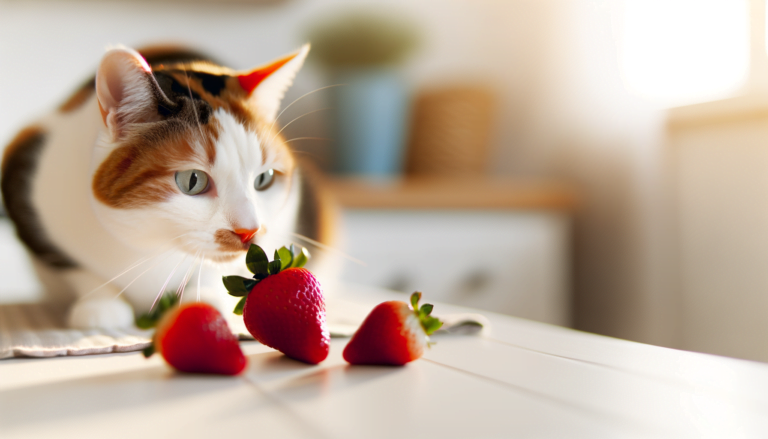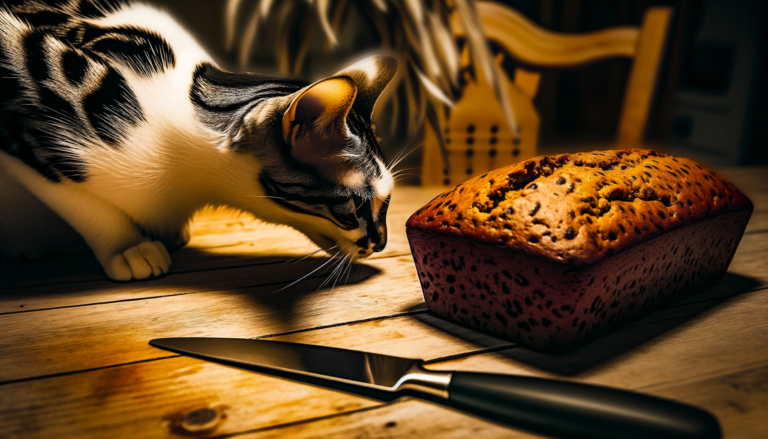Decoding Feline Diets: The Truth About Cats and Caramel
No, cats should not eat caramel. Although this sweet treat may seem harmless, it’s not suitable for felines. Cats have a different digestive system from humans and struggle to process high sugar foods, like caramel. Gastrointestinal discomfort and dental issues are potential consequences of sugar consumption. More importantly, some caramels can contain toxic ingredients to cats, such as chocolate and certain artificial sweeteners. Therefore, it’s safer to keep cats away from caramel and stick to food and treats specifically formulated for their dietary needs.
Understanding Cat’s Dietary Needs
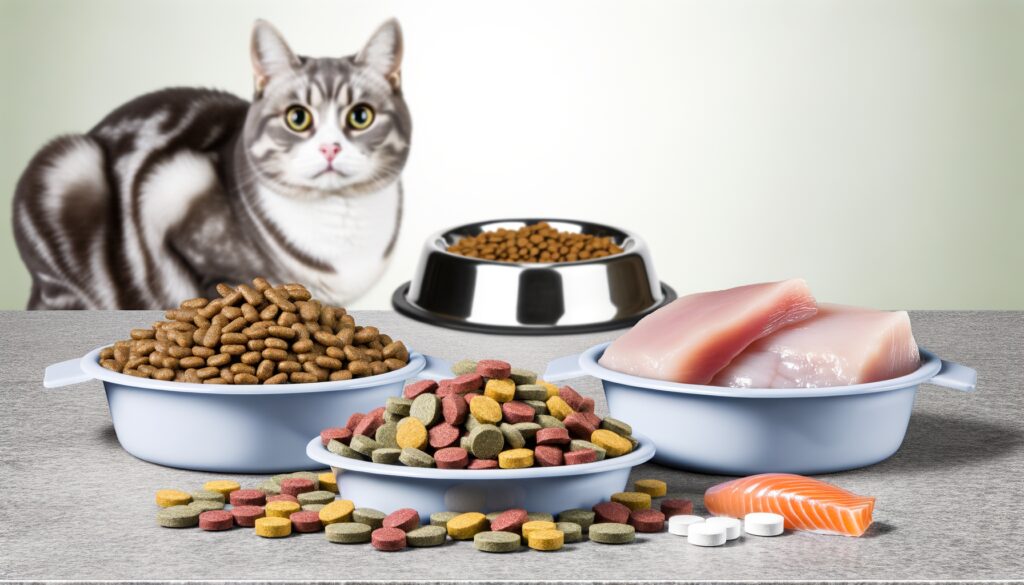
Cats, as obligate carnivores, require a diet that is rich in animal protein. Unlike other pets who are omnivores, cats cannot thrive on a plant-based diet. Their unique metabolic system demands essential nutrients, such as taurine and arachidonic acid, which are only found naturally in animal tissue.
Alongside protein, your feline friend’s diet needs a moderate amount of fats, including certain fatty acids. Cats can’t produce these essential elements within their bodies, making them a crucial part of their diet. While carbohydrates aren’t necessarily harmful, cats don’t require them. A diet high in carbohydrates can lead to obesity and other health issues in cats.
Unlike dogs, cats also require dietary sources of Vitamin A, as they lack the enzyme to convert beta-carotene from plant sources into this essential nutrient. Keep in mind all these nutrient requirements are best obtained through a balanced commercial cat food diet, specifically formulated for their needs.
Precautions When Introducing Human Food to Cats
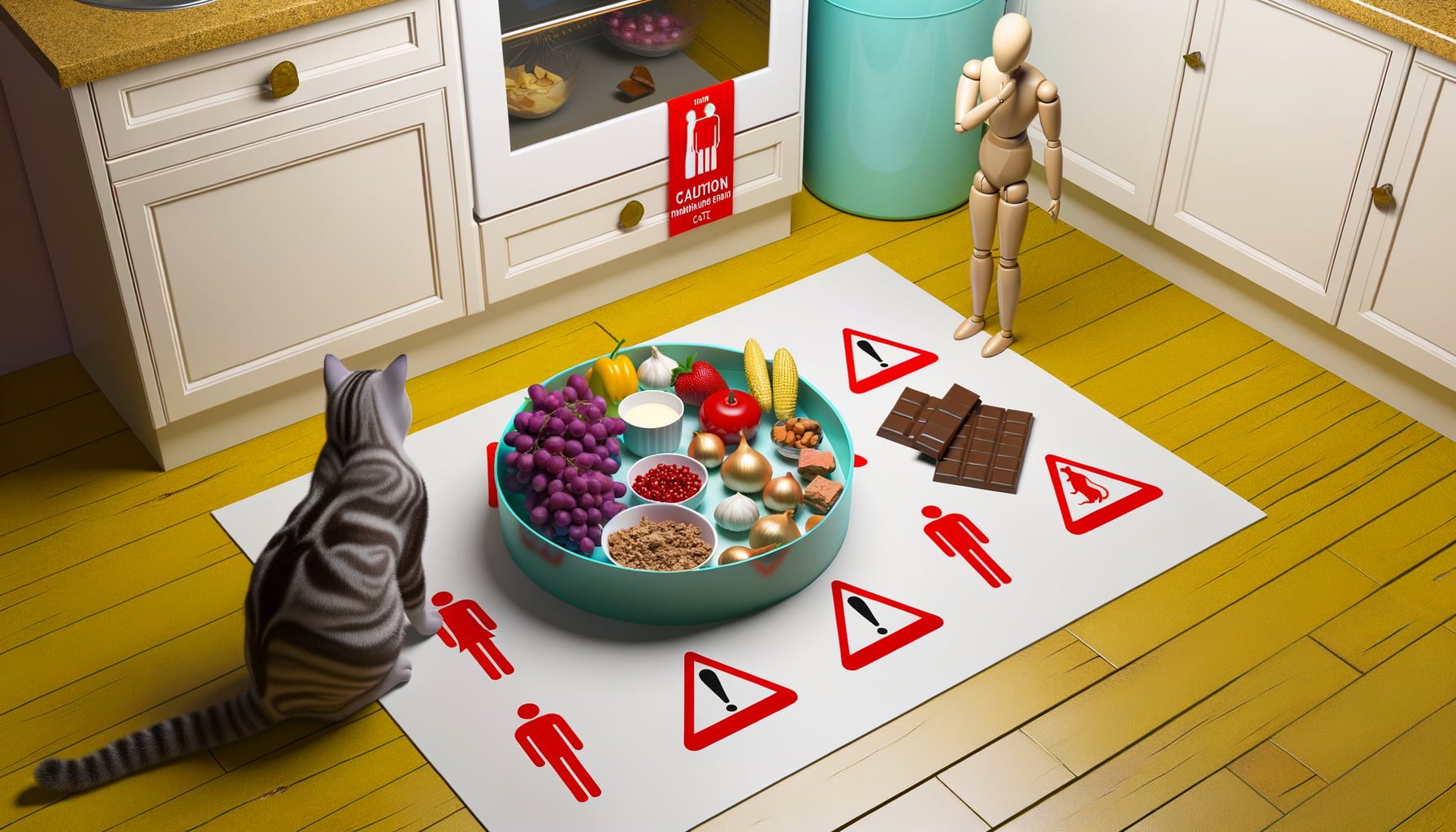
Introducing human food to your feline friend can be a process that demands caution. As obligate carnivores, cats have evolved to require a diet rich in animal proteins, thus a number of human foods, including the sweet treat of caramel, may not be suitable or safe for cats.
It is essential to understand that cats lack the necessary enzymes to digest certain ingredients commonly found in human food. Hence, exposure to such foods can lead to digestive issues, ranging from mild discomfort to potentially serious health problems. The most dependable approach when considering sharing your food with your cat is to consult with a veterinary professional first, thus ensuring the dietary change will not adversely impact your cat’s health.
Moreover, sudden dietary alterations can distress your cat, causing them to refuse even their regular meals. Therefore, if you decide to introduce a new food item, it should be done gradually, in minute quantities, and closely monitored for any adverse reactions. Therefore, it is best to steer clear of temptation, and stick to a high-quality cat-specific diet that meets all their dietary needs.
The Effects of Caramel on Cats
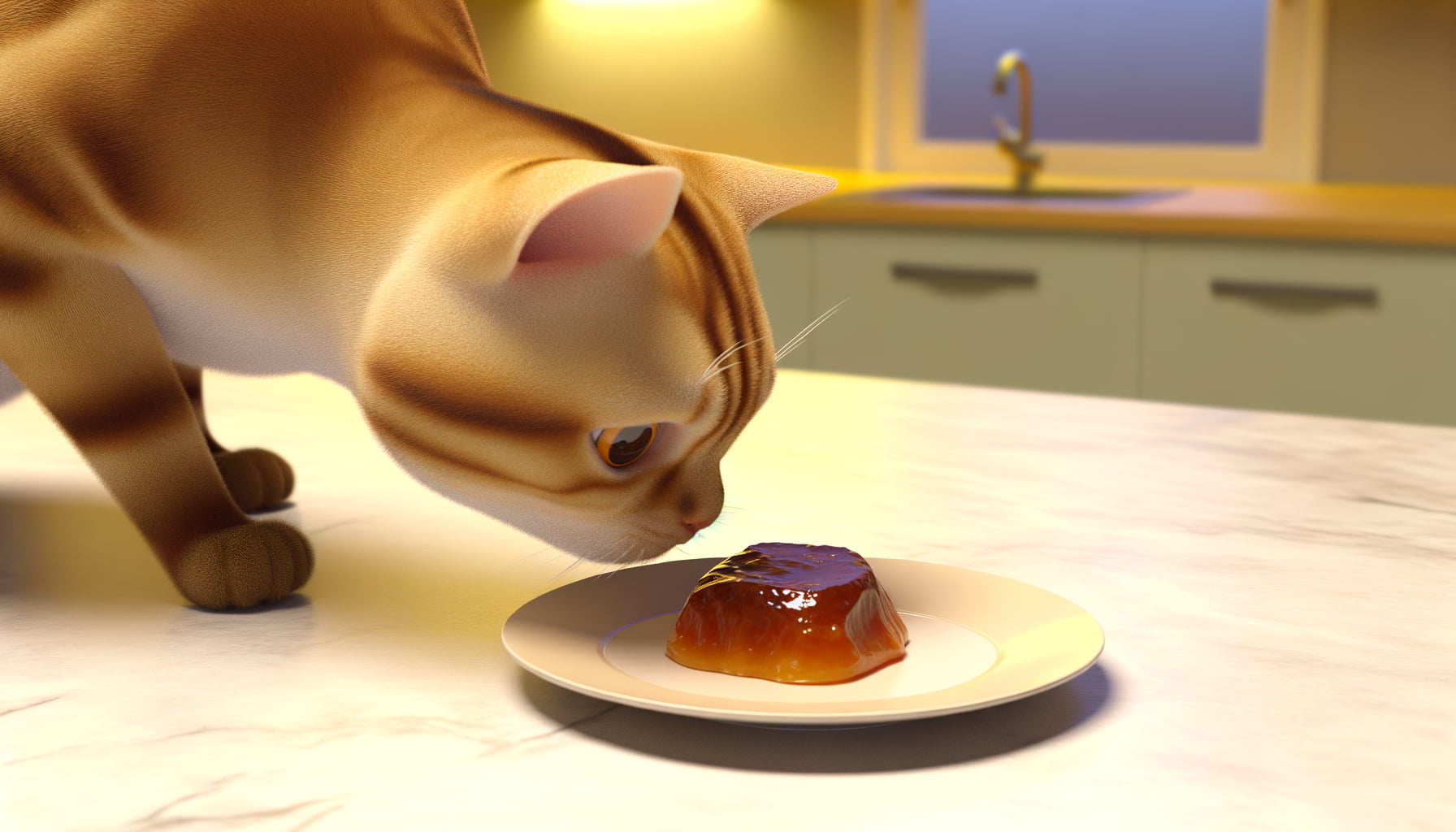
Feeding your feline companion caramel may seem harmless, but it’s essential to understand the impact it can have on their health. Caramel, made primarily of sugar, is technically not toxic to cats. However, cats lack the ability to digest sugars correctly. Excessive sugar intake can lead to health conditions like obesity and diabetes.
Cats are obligate carnivores. Their dietary system is uniquely equipped to process protein, not sugars and carbohydrates. Because of that, foods with high sugar content, like caramel, provide little to no nutritional benefit. Moreover, the sticky consistency of caramel may also pose a choking risk or cause dental problems for cats.
The immediate effects of caramel may include stomach upset or diarrhea. Longer-term effects could include weight gain and associated health problems. It’s always essential to consult with your veterinarian if ever in doubt about your cat’s diet. While caramels may bring joy to our lives, they may not do the same for our beloved feline friends.
Alternative Treats for Cats

In place of caramel, several alternative treats for cats can contribute towards a feline’s optimal health and satisfy their taste buds. It’s essential to consider their dietary requirements, focusing on lean meats and high-protein options to meet their obligate carnivore nature. Experimenting with various protein-based ingredients will ensure variety, and prevent monotony for your pet.
Offer your kitty cooked bits of chicken, turkey, or fish. Always ensure these meats are free from seasonings and cooked thoroughly to avoid foodborne illnesses. Many cats also enjoy bites of scrambled eggs, while organ meats such as liver can provide an added boost of nutrients, albeit in moderation. Remember to give these treats in small quantities, as they should only make up about 10% of your cat’s overall diet.
It’s notable that some cats may show a fondness for certain vegetables or fruits. Pumpkin, peas, and chopped apples (seedless) can occasionally be used as a lower-calorie alternative treat, but it’s important to note that not all fruits and vegetables are safe for cats. Thus, always consult with a veterinarian or a feline nutrition specialist before introducing any new foods into your cat’s diet.
Conclusion
As we unravel the mysteries of feline diets and the truth about cats and caramel, it becomes clear that understanding their nutritional needs is crucial for their health and well-being. By decoding the complexities of their diet requirements, we can ensure that our feline companions thrive and live long, healthy lives.
Through proper research and education, we can provide our cats with the balanced diet they need, free from harmful additives like caramel. By prioritizing their nutritional needs and avoiding unnecessary additions to their diet, we can show our love and care for these beloved pets in the best possible way.
